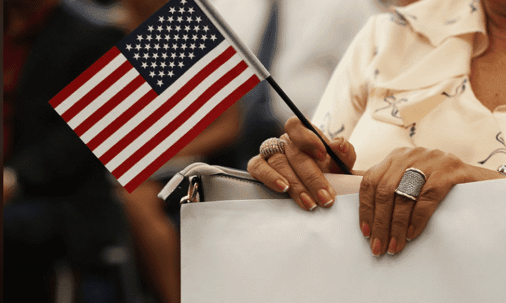To bypass the law that allows J-1 holders to be physically present for two years in their home country, a J-1 visa waiver is required.
How do I know if I am subject to the two years of home-country physical presence requirement?
If your J-1 exchange visitor program meets any of the following requirements, you are subject to the two-year home-country physical requirement:
- Government-Sponsored Exchange Program: You were participating in a J-1 program that was funded entirely or partially by the government of your home country, a U.S. government agency, or a foreign entity that received funds from the government of your home country or the government of the United States.
- Specialized Expertise or Skills: You have engaged in a J-1 program involving a field or field of study of specialized knowledge that is considered essential for your home country's continued growth and appears on your home country's Exchange Visitor Skills List.
- Graduate Medical Training or Education: You have been participating in a J-1 program to pursue medical or educational graduate training.
On what grounds can I apply for a waiver?
There are five criteria that you can use to qualify for a waiver. You may need to review the criteria and choose the appropriate basis for your own case before applying for a waiver. The five bases are:
- No Objection Statement
- Persecution
- Request by an Interested United States Federal Government Agency
- Exceptional Hardship to a U.S. Citizen or (or permanent resident) Spouse or Child of an Exchange Visitor
- Request by a Designated State Public Health Department or its Equivalent
What is a “No Objection” letter?
A "no objection" letter notes that the government of the applicant's home country permits the two-year home residency condition to be waived. You may obtain this statement by first contacting the consulate of your home country at the embassy. You will then have the statement sent by your home country's embassy after receiving a case number from the Department of State (DOS).
What if I can't get my home country's 'No Objection Letter'?
If a No Objection letter on your behalf is not provided by the government in your home country, then you may apply for a waiver under one of the other available bases if your situation qualifies. If your government does not issue a No Objection Declaration and you do not apply on a different basis, you must meet the physical presence requirement of two years in your home country.
Why will a waiver application be denied?
Your waiver request may be refused because the reasons you provided for the waiver do not outweigh the J-1 exchange visitor program's home-country physical presence program and international considerations. Waiver requests from J-1 participants who obtained U.S. government support are typically rejected for this reason.
May I apply simultaneously for a waiver recommendation based on exceptional hardship and persecution?
No. Even as the two foundations seem to be quite similar, they have different conditions for eligibility. If your condition makes you eligible for a waiver for your U.S. citizen or permanent resident child or spouse persecution under both persecution and extraordinary hardship, you will have to choose one of the two bases and apply accordingly. If your waiver for one is rejected, you can still reapply via the other, but it may entail a new processing fee.
If I was previously on J-1 visa, does that mean I cannot reapply?
You can apply for another one even though you have previously been on J-1 status, assuming it's been more than 2 years since the completion of your last training program.
Who can I call for help with my J-1 visa waiver?
the J-1 waiver application can be complex and extensive. For that reason, Akula & Associates is here to help. We have a team of highly qualified immigration lawyers at our firm with thorough knowledge of the application process for waiver requests. Please contact our office to consult with an experienced immigration attorney in Dallas from our firm.
Contact us online or call (844) 299-5003 for a consultation with our Dallas immigration attorneys.
We serve clients nationwide!

